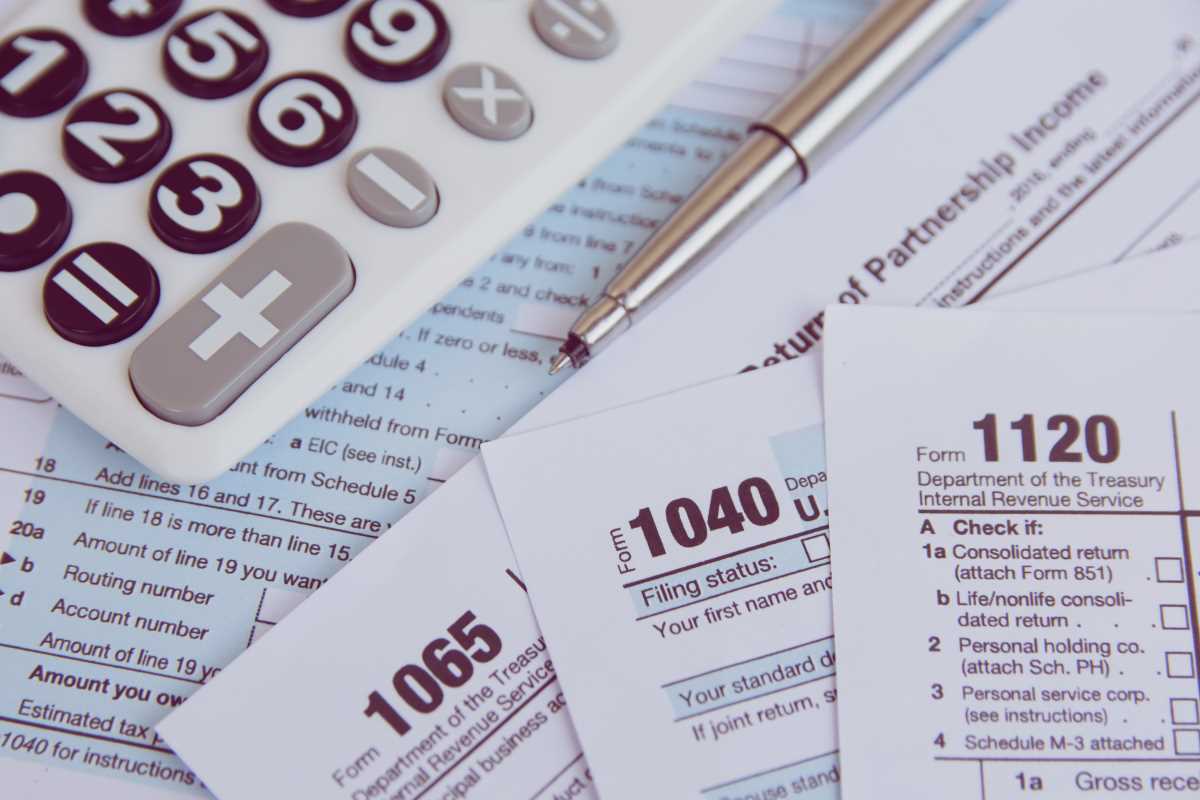Many people find crypto trading exciting, yet the tax rules surrounding digital coins create challenges that demand attention. Overlooking important details can lead to unexpected expenses or even draw the attention of tax authorities. This guide walks you through the essentials of managing taxes on your cryptocurrency transactions, helping you avoid costly mistakes and stay compliant. By understanding the basics, you can approach crypto trading with greater confidence and ensure that your financial records reflect every transaction accurately. Stay informed about what the law requires so you can focus on making smart investment decisions without worrying about tax surprises down the line.
You’ll learn key terms, ways to lower your tax bill, record-keeping tips, how to report trades, and common mistakes to avoid. Each idea provides practical steps you can take right now.
Basics of Cryptocurrency Taxation
- Capital gain: The profit you make when you sell or swap a crypto asset for more than you paid.
- Capital loss: The negative difference when you sell or exchange at a lower value than your purchase price.
- Cost basis: The total amount you spent to acquire a crypto asset, including fees.
- Wash sale rule: An IRS rule that disallows a loss deduction if you buy a “substantially identical” asset within 30 days; it’s not fully applied to crypto yet, but stay updated.
- Fork: When a blockchain splits into two paths, creating a new token; generally, you pay taxes on it at market value.
Every sale, swap, gift above a certain amount, and token airdrop count as taxable events under U.S. rules. You need to track each event’s date, dollar value, and your cost basis.
Many countries follow similar capital gains models, but their rules differ. Some tax every transfer like a sale; others exempt small trades or hold periods. If you trade on foreign exchanges, check the local rules too.
Effective Ways to Reduce Your Tax Bill
- Use FIFO or specific identification. First In, First Out assigns the oldest coins to a sale, often resulting in smaller gains if prices rose later. Specific identification allows you to choose particular coins by date and cost, so you can sell higher-cost batches first.
- Sell tokens at a loss before year’s end. Offsetting gains with losses helps reduce your tax bill. If losses exceed gains, you can deduct up to $3,000 against ordinary income and carry over extra losses to future years.
- Hold assets long-term. Assets held over one year qualify for lower long-term capital gains rates, saving you 15–20% on your taxes compared to short-term rates.
- Use retirement accounts. If you trade through a self-directed IRA or solo 401(k), you can defer or avoid taxes on certain crypto assets. Confirm that your account supports your chosen tokens.
- Donate appreciated coins. Giving crypto to charity allows you to avoid capital gains taxes and claim a deduction based on the fair market value, especially if you itemize deductions.
- Plan trades according to your income level. Realize gains during years when your income is lower to pay taxes at a lower rate. Shift profits into years with more favorable brackets.
Matching your strategies with your trading style helps make tax season smoother. Think of this list as a set of tools—choose the right ones based on market movements and your income.
Best Practices for Record-Keeping and Documentation
- Use dedicated software. Platforms like CoinTracker or Koinly can automatically import trades, calculate gains, and generate tax reports.
- Download exchange statements. Save CSV or PDF reports each month to have backup records in case authorities request an audit.
- Log wallet transfers. Moving coins between your wallets doesn’t count as a taxable event, but you must keep proof—record wallet addresses, dates, and amounts.
- Maintain fiat transaction records. Track all deposits and withdrawals in dollars to verify your cost basis and proceeds from sales.
- Archive airdrop and fork notices. Record the date and value you recognized as income for each event.
Keeping organized helps you catch mistakes early. Use folders, digital backups, and consistent naming conventions to avoid hunting through numerous files during tax time.
How to Report Your Crypto Trades on Tax Forms
Report gains and losses on Schedule D and Form 8949. Each transaction requires details like acquisition date, sale date, proceeds, cost basis, and gain or loss. Software can prepare these forms automatically, but review entries carefully.
If you earned crypto income through mining, staking, or airdrops, include its fair market value on Form 1040, Schedule 1. Self-employment earnings from crypto go on Schedule C, just like any other freelance income.
If you hold foreign accounts or assets above certain thresholds, file Form 8938 and FinCEN Form 114. Failing to report these can lead to hefty penalties, even if your gains or losses are small.
Common Mistakes and Red Flags to Watch Out For
Avoid errors by keeping proper records and not guessing values. Remember that each token’s value can fluctuate widely; using consistent exchange rates or API data minimizes disputes.
Pay attention to on-chain swaps—trading ETH for an ERC-20 token often triggers two events: selling ETH and buying the new token. Each counts separately. Missing one event might underestimate your gains and lead to an audit.
Never ignore the IRS question about crypto on Form 1040. Providing false information or leaving it blank when you have transactions can result in fines. Be honest and attach accurate forms.
Handling International Tax Situations
If you reside outside the U.S. or trade on foreign platforms, check the local rules regarding crypto gains and income. Some countries do not tax capital gains if you meet certain holding periods. Others treat every transfer as taxable barter income.
You could owe taxes both in your home country and where an exchange operates. Tax treaties may help avoid double taxation but require careful reporting. Consult a local tax expert or use global tax tools to coordinate your filings.
Be aware that moving coins offshore without proper disclosure could violate anti-evasion laws. Always report foreign holdings above specified thresholds, even if you don’t owe taxes.
Developing a consistent record-keeping habit and planning wisely throughout the year helps reduce stress and unexpected bills. Start with small steps—pick one or two methods that fit your trading patterns and expand from there.
Stay informed about regulations, use appropriate tools, and keep your approach simple to manage your taxes effectively. This enables you to focus on trading and expanding your portfolio.
 (Image via
(Image via





